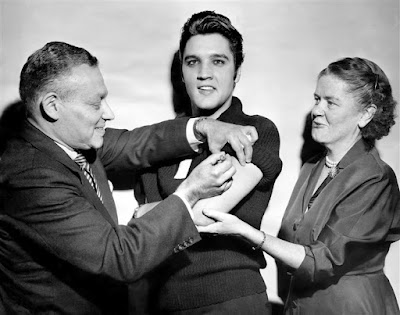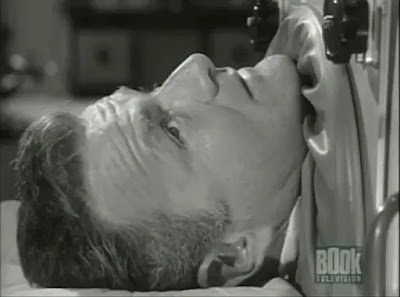Talking
to a guy I know – we’ll call him Mike – who was once upon a time in the same
trade I was, and who still has skin in the game, I wondered what he thought
about how badly the Russians have stepped on their dicks in Ukraine. There were in fact two parts to the question:
why
Mike
happened to be on his way to
The chief impediment is that Russian command authority is rigidly hierarchal. The culture and doctrine are top down. Initiative is career suicide. And the weakest link is simply that there’s no professional NCO class, not in the sense that an American combat soldier would understand. Russian junior enlisted are cannon fodder; their sergeants are brutal, indifferent, and corrupt. Morale is clearly in the toilet, unit cohesion near collapse.
Where,
then, did the intelligence consensus come from, that the Russians were going to
kick ass in
Like a
lot of things, once you hear the explanation, you slap your forehead and tell
yourself it makes perfect sense. Nor do
I think it’s Monday-morning quarterbacking. For
me, it actually conforms to what I learned back in Berlin, in the 1960’s,
during the Cold War, when our target was the Soviet occupying forces in Eastern
Europe, and the Warsaw Pact.
The reason we were there, if I haven’t made it clear before, or if you’re new to this space, was to provide a basic profile of what the Russians could throw at us. In military vocabulary, it’s called an Order of Battle. A specific example might be: How many aircraft are at Zossen Wunsdorf? - Are they fighters or ground attack? – And how many pilots? - What’s their readiness posture? This is all numbing detail, but it kept the Cold War from going hot.
Here’s
why I don’t think the Russians have learned anything in fifty years. Back in the day, they had sophisticated
systems and platforms, but they didn’t
trust them, or they didn’t trust their people, which adds up to the
same. They scrambled fighters, for
drills, using Ground-Controlled Intercept, or GCI. MiG-21’s and Yak-28’s were fitted with
on-board pursuit radars, and a ground station tracking their targets could
transmit encrypted signals directly from the ground radar to the pursuit radar
on the aircraft, and the radar would vector the plane to target, all done
electronically. Hands off. Fire and forget. We,
meaning your humble servant and his crowd, were listening to the pilot chatter,
we could image the Russian ground radar, we could
follow the encrypted signals, we intercepted the frequency shifts from the
aircraft’s radar and knew when it went from Lock to Launch. In effect, we were in the cockpit, too. And not a single one of those pilots, or
their command structure on the ground, believed the system would work on its
own. Every instruction the pilots got,
every course correction that was transmitted, over a secure network,
the pilot would repeat, in the clear, on Voice. “Roger
that, turning to heading 270.” At which
point you watched him on radar, changing course to 270. I kid you not. And you wonder why Russian generals are
getting blown out of their shoes in
I think there are other reasons for what’s going on. I think the Ukrainian defense is heroic. Volodymyr Zelensky has bigger balls than Vladimir Putin. And the resolve from NATO has been unexpectedly solid. But at its most basic level, the Russian disaster is a character flaw. Arrogance defeats empires.



.jpg)







